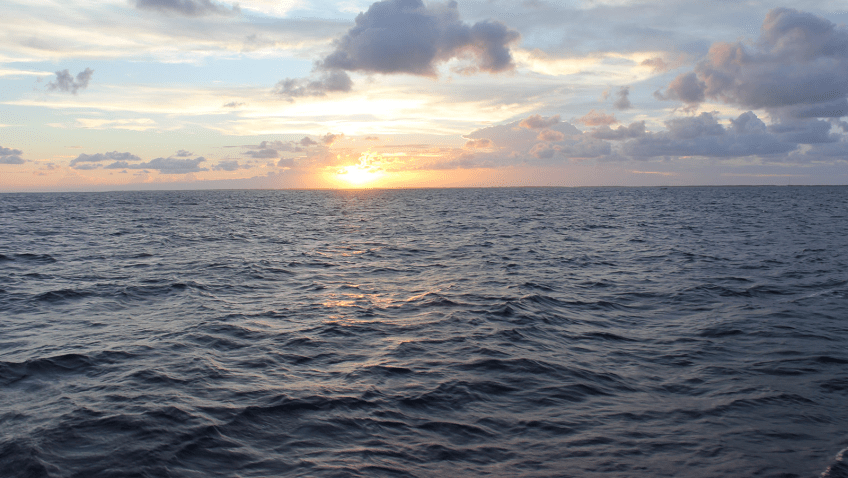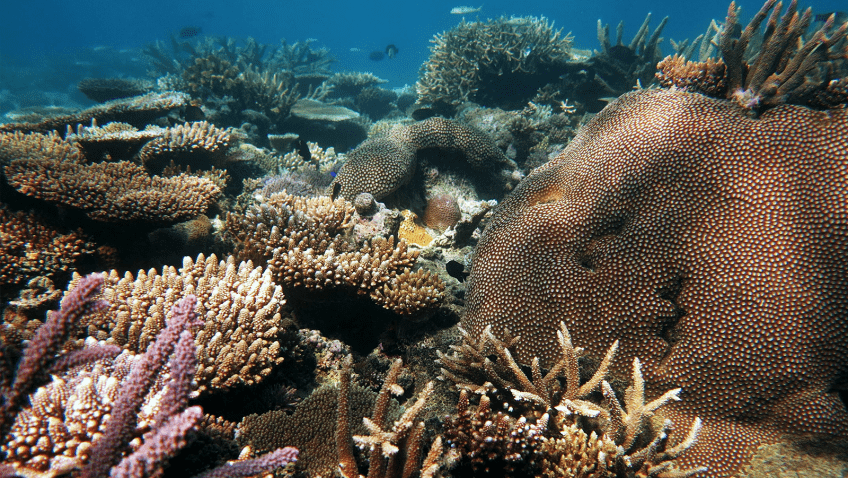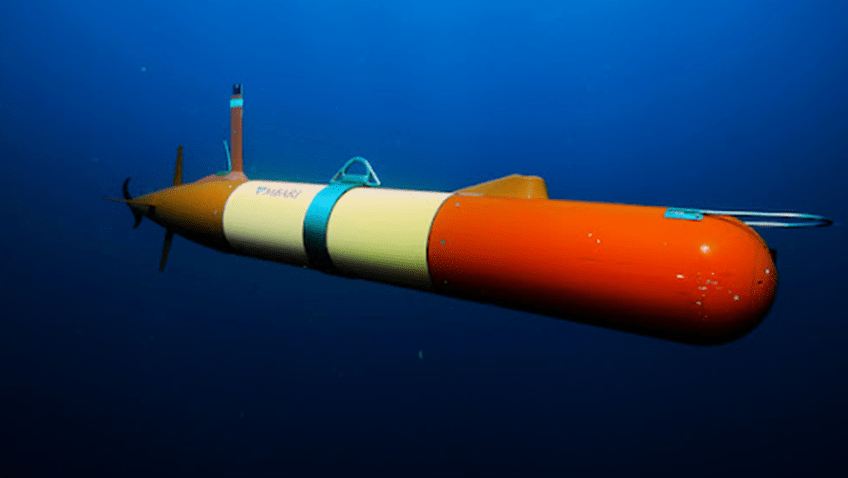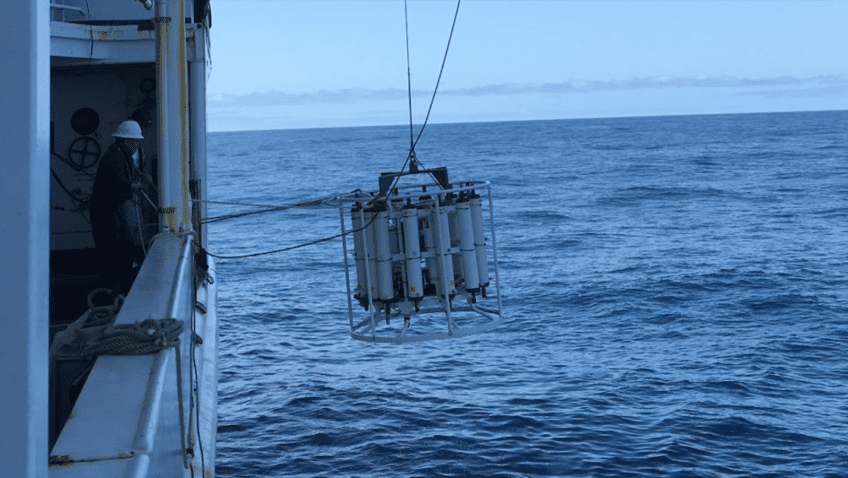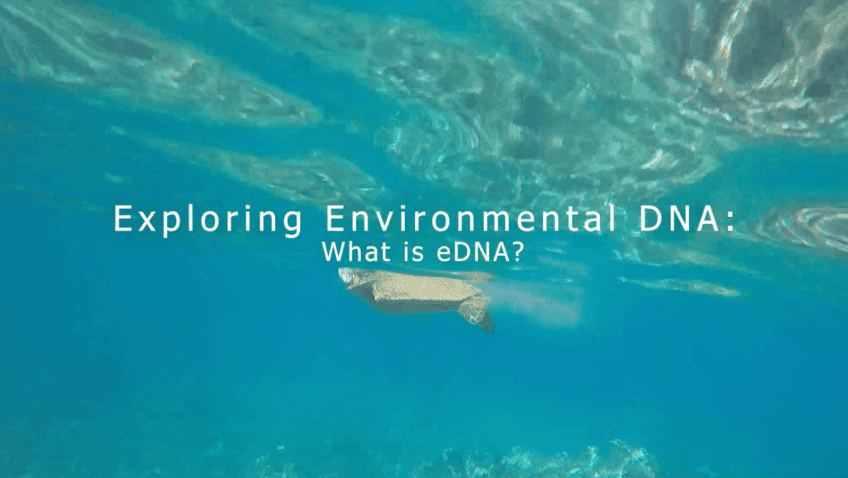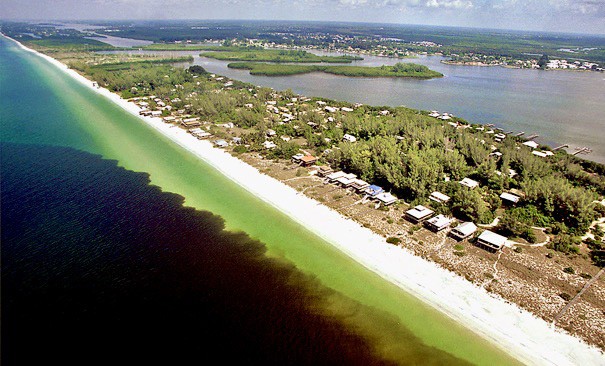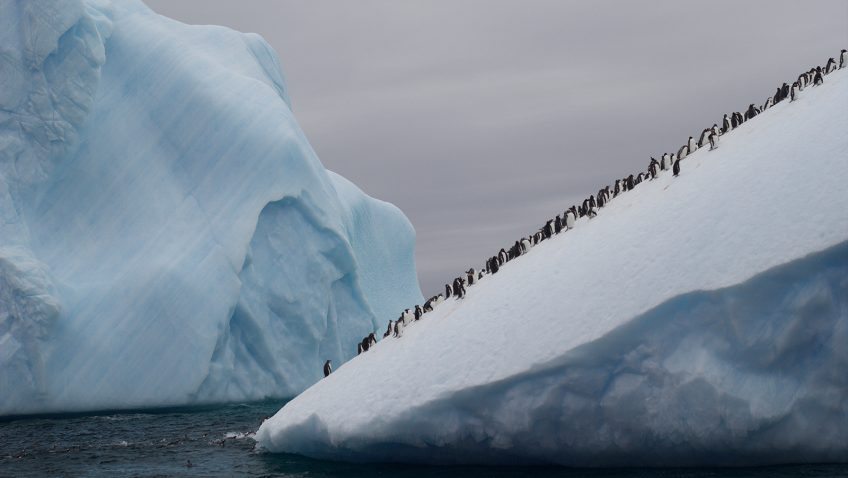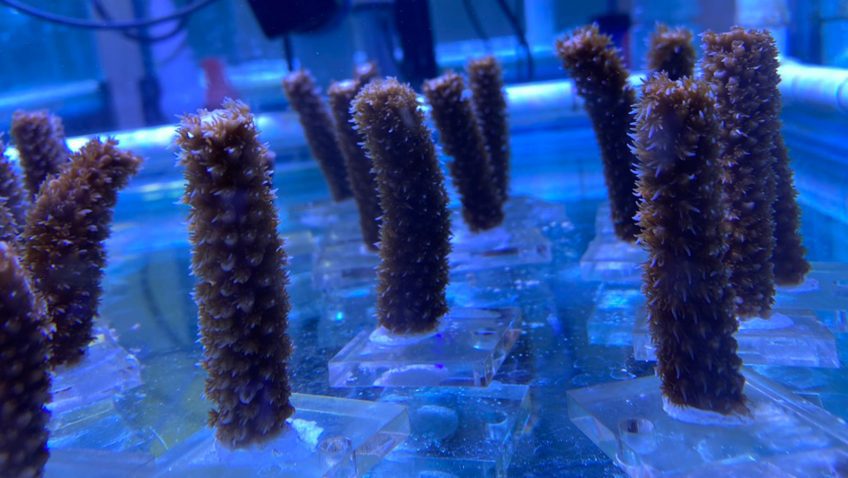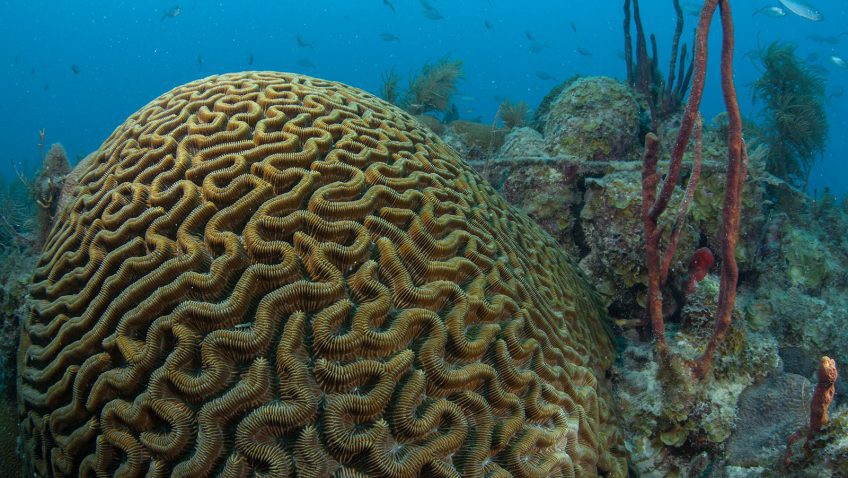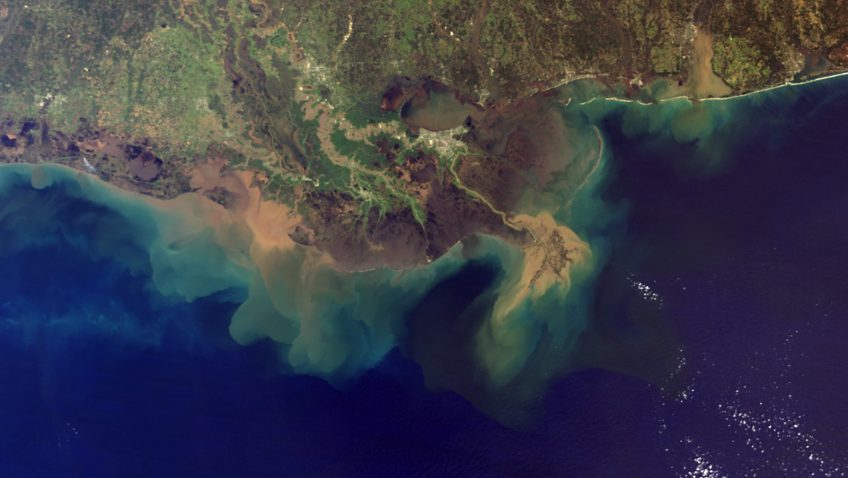AOML participates in All-Atlantic Research Forum
Dr. Kelly Goodwin, a microbiologist at NOAA’s Atlantic Oceanographic & Meteorological Laboratory, recently served as one of the NOAA representatives at the historic signing of the All-Atlantic Ocean Research and Innovation Declaration during the All-Atlantic Ocean Research Forum 2022. This declaration represents a major milestone towards ocean science diplomacy and a cooperative effort towards a sustainable Atlantic Ocean. The Atlantic Ocean serves as a valuable resource for many nations and requires widespread cooperation in order to effectively establish a management framework to address climate change, pollution, ocean observation, marine ecosystem conservation, a sustainable ocean economy, and effective aquaculture and fisheries. By signing this declaration, Canada, the United States, Brazil, Morocco, Argentina, Cabo Verde, South Africa, and the European Union have taken a major step toward protecting the ocean for the communities that rely on it now, as well as in the future.
